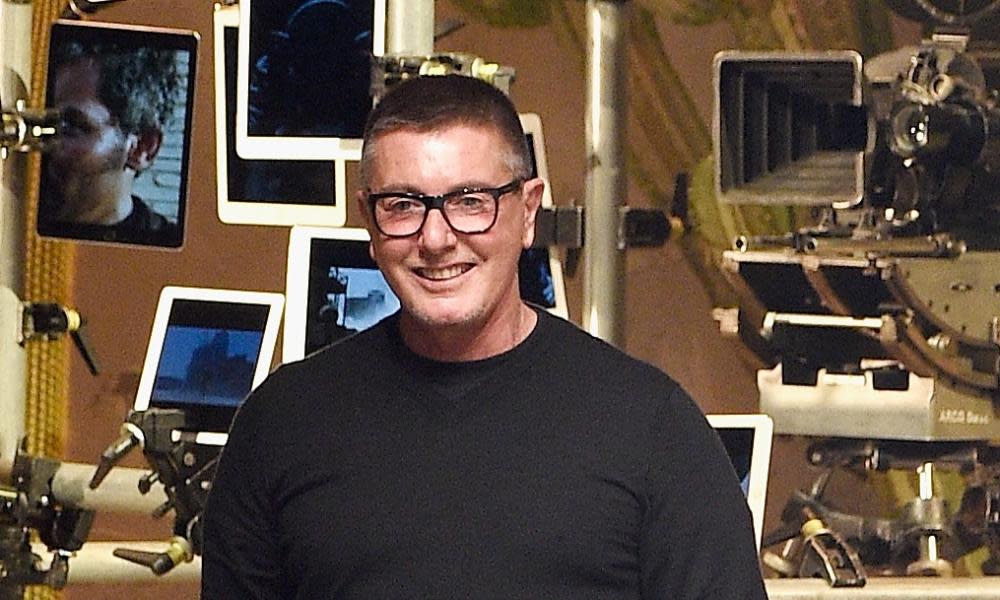Stefano Gabbana doesn't want to be labelled gay – but that's easier said than done

If Stefano Gabbana no longer wishes to be described as “gay”, that is, of course, his choice. “I don’t want to be called ‘gay’, because I’m simply a man ... full stop,” says the co-founder of Italian fashion house Dolce & Gabbana. “The word ‘gay’ was invented by those who need to label people, and I don’t want to be identified by my sexual choices,” he adds. Why he regards his sexual orientation as a label, but not his gender, is curious. Implying sexual orientation is a “choice” – such as opting between a ham or a cheese sandwich – is also peculiar. But until a homophobic and patriarchal society (and the two are fundamentally interlinked) stop defining us as fundamentally inferior, pressing the “eject” button on the labels we use to describe our sexual orientation is easier said than done.
Every gay or bisexual person realises – normally at a young age – that they are on a collision course with societal expectations. Not simply because they are unlike the vast majority of society, but because they are dissidents from a system that places male heterosexuality at its very heart. Homophobia is a means to police the frontiers of gender, and its gendarmes can be both ruthless and menacing. All young people hear “gay” bandied around as an insult, not simply to describe someone who is attracted to someone of the same gender, but to describe any man who fails to conform to unreconstructed male norms. Gay men, if you like, are deemed as gender traitors who have corrupted and surrendered their masculinity.
For a long time, I didn’t want to be gay – quite the opposite – because life was a tough enough gig as it was; here was another hassle, and having to perpetually come out Groundhog Day-style, simply by virtue of having a male partner, was kind of embarrassing. But we are collectively defined, whether we like it or not, by the society in which we live. That is why, for gay people, simply holding hands with our partners in public risks verbal or even physical abuse, and why we have considerably higher rates of mental distress (and, with it, alcohol and drug abuse) than the rest of the population.
One day, we will not have to come out. The rigid binaries of gender and sexuality are being eroded, by feminism, by gay rights and, more recently, by trans rights. A 2015 poll found that 89% of over-60-year-olds identified as exclusively heterosexual or homosexual; among 18- to 24-year-olds, that figure slumped to 52%. The more inclusive term “queer” may increasingly displace “gay”. A society rid of sexism – and its bastard offspring, homophobia – will make rigid definitions redundant. But this remains a distant land, and Gabbana can’t escape his identity, whether he likes it or not.

 Yahoo News
Yahoo News 
